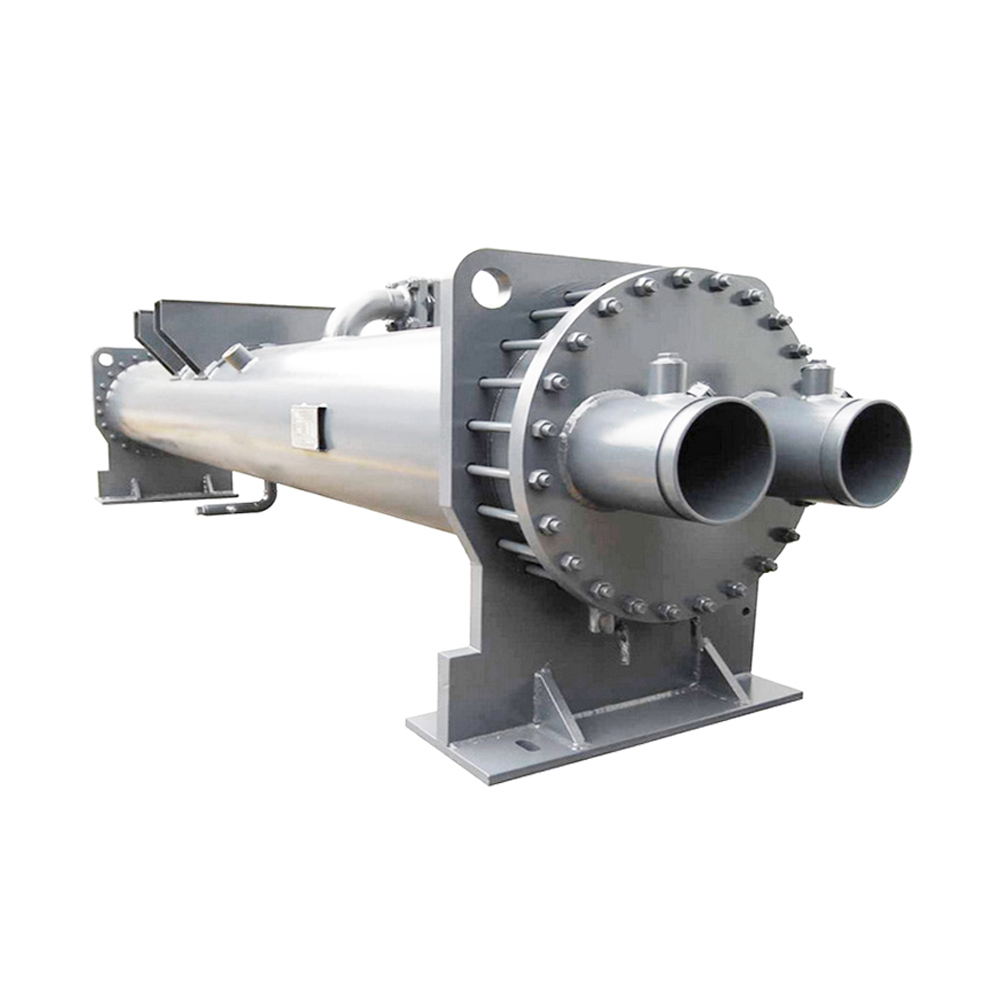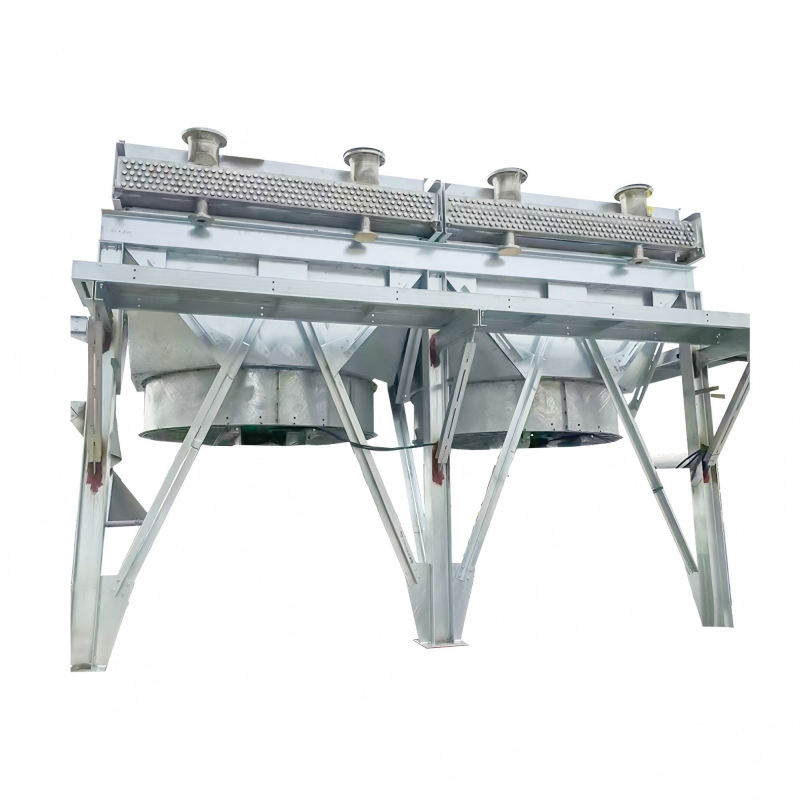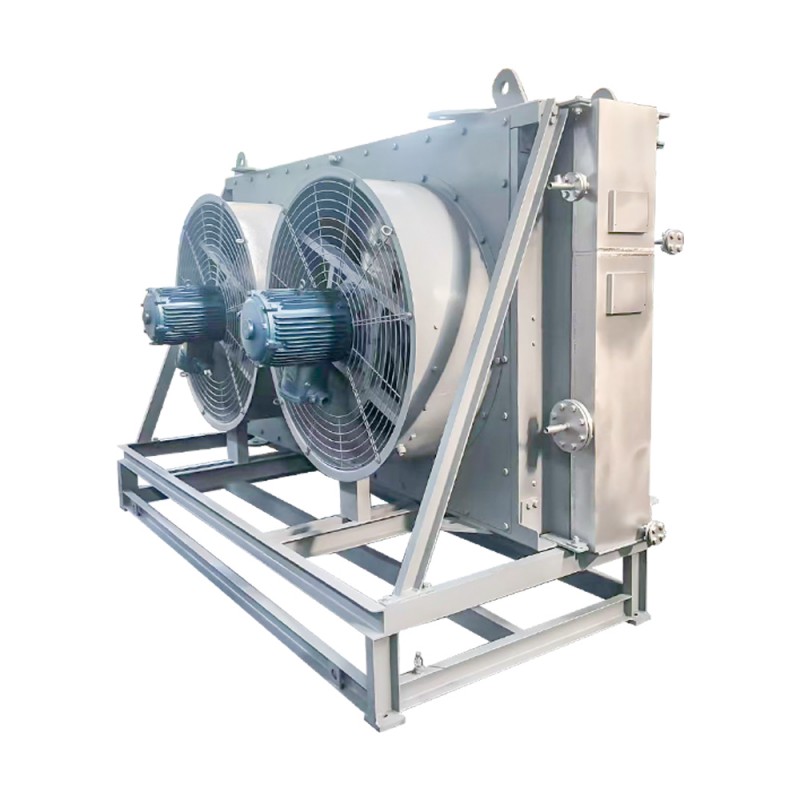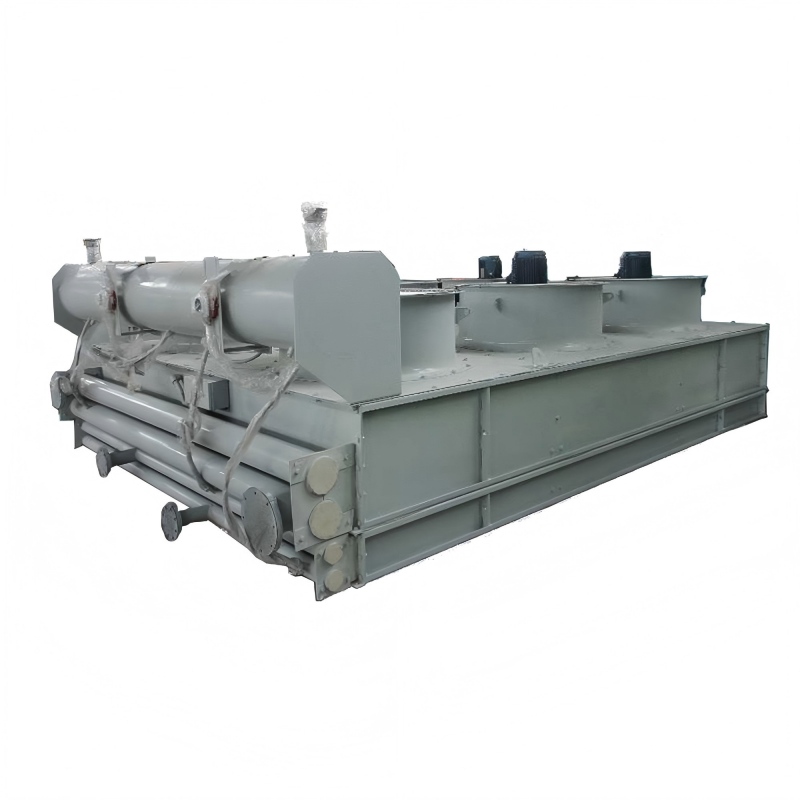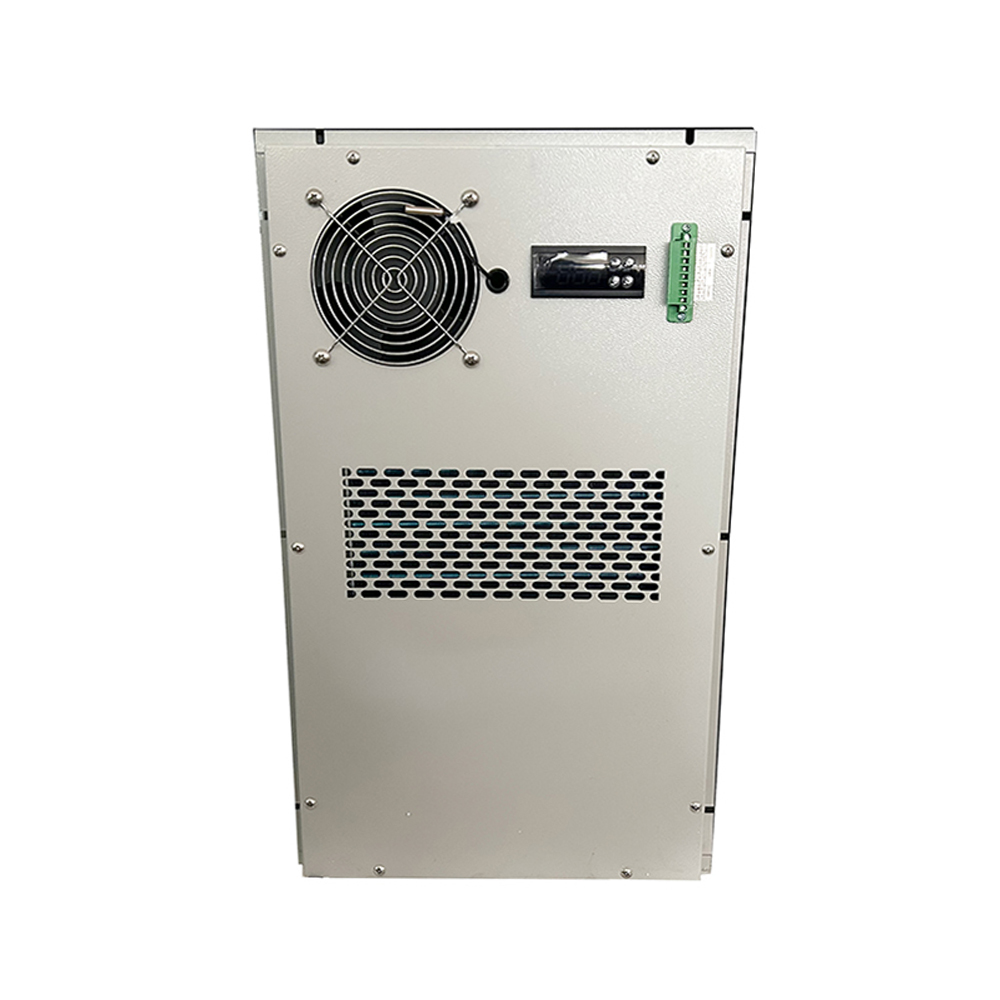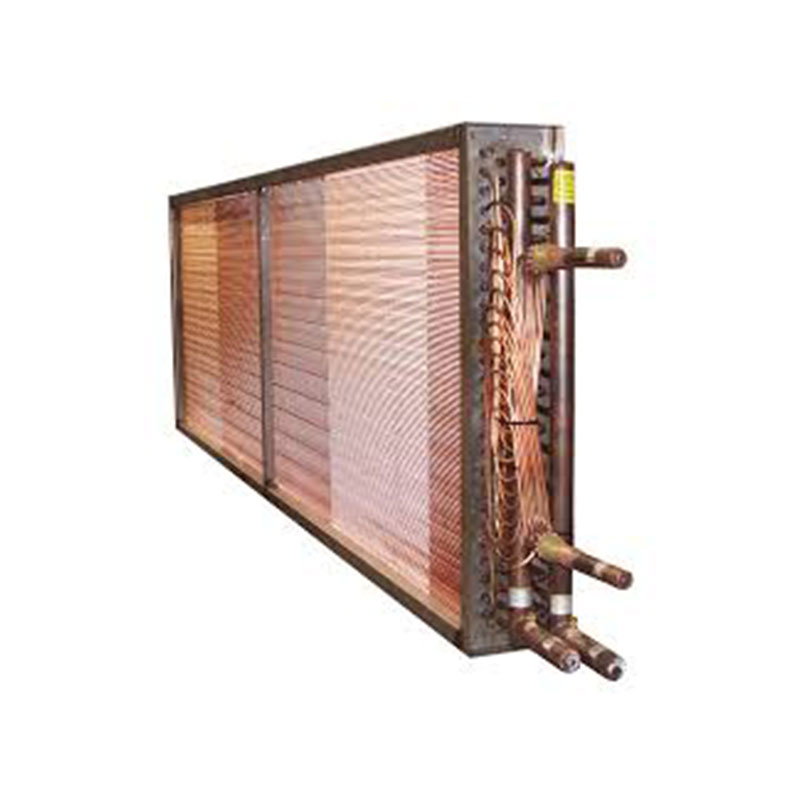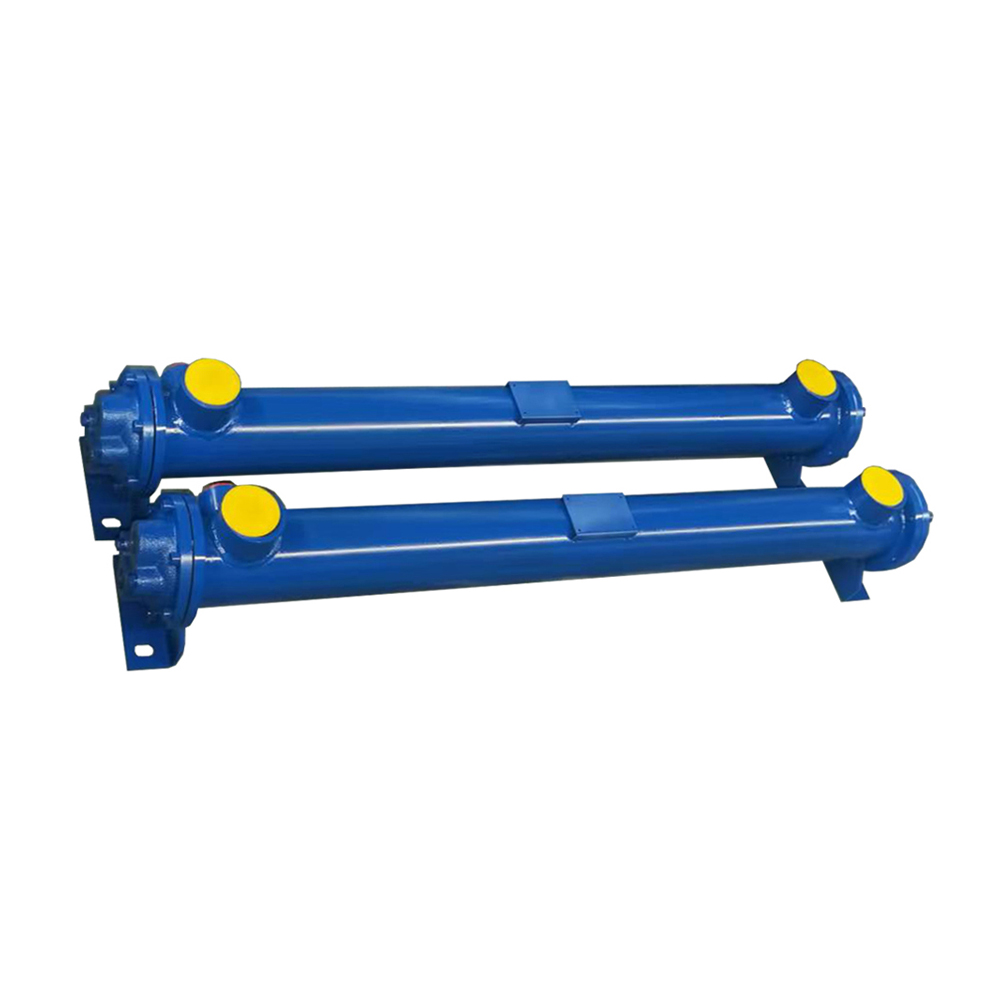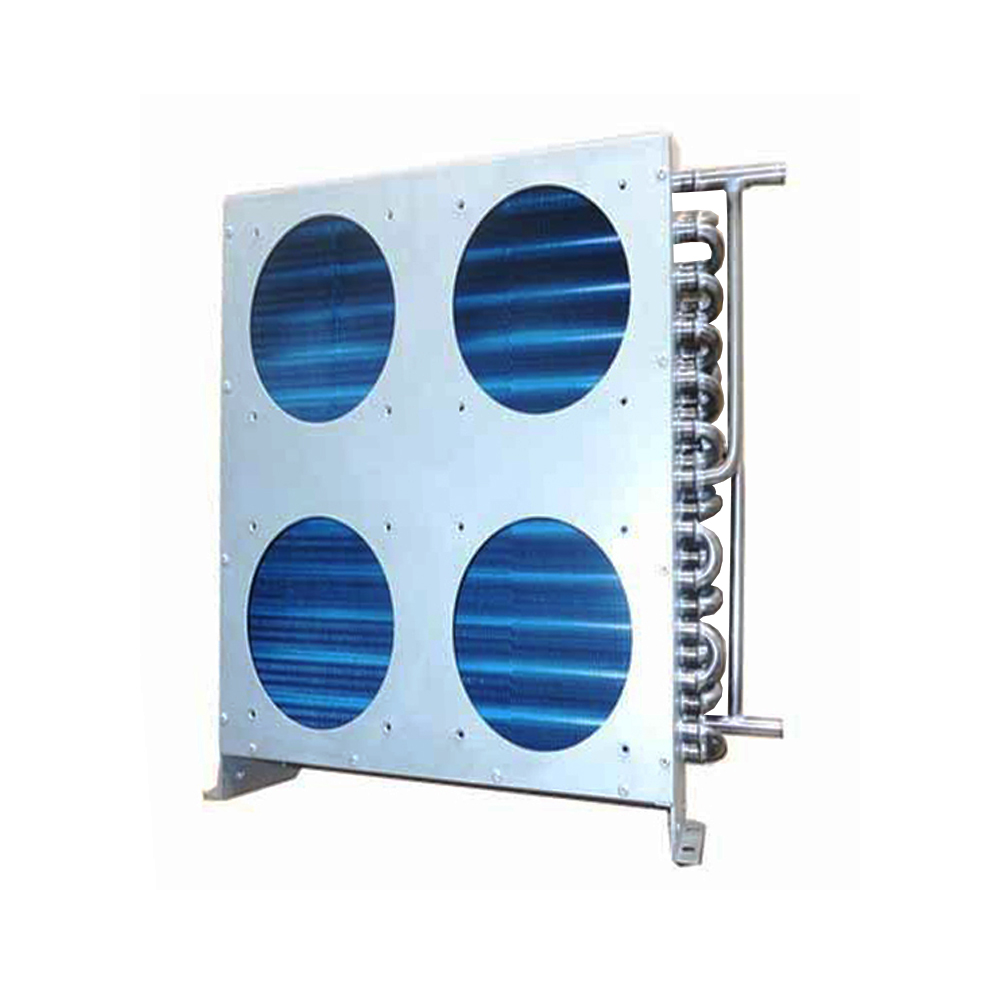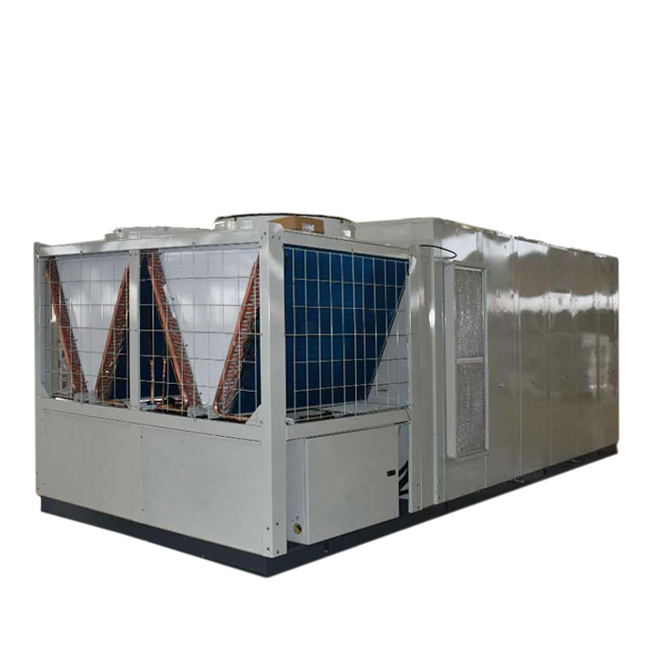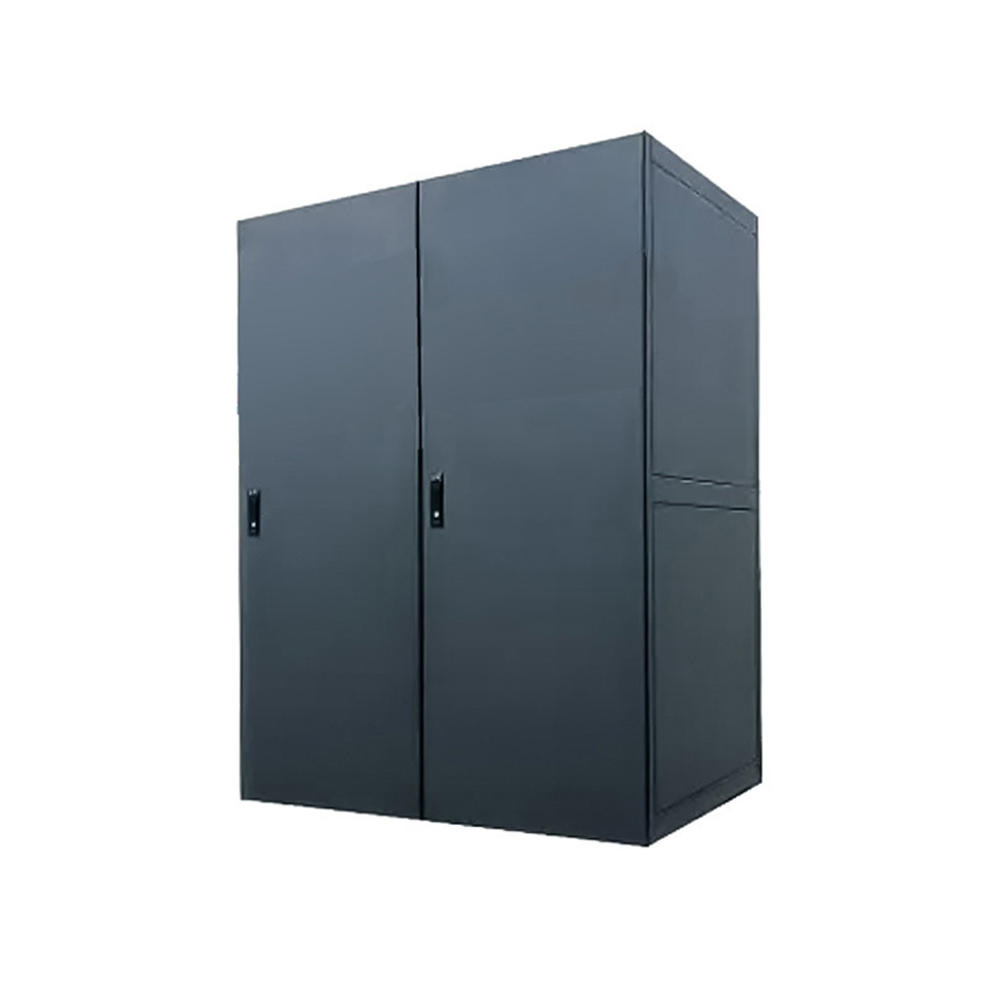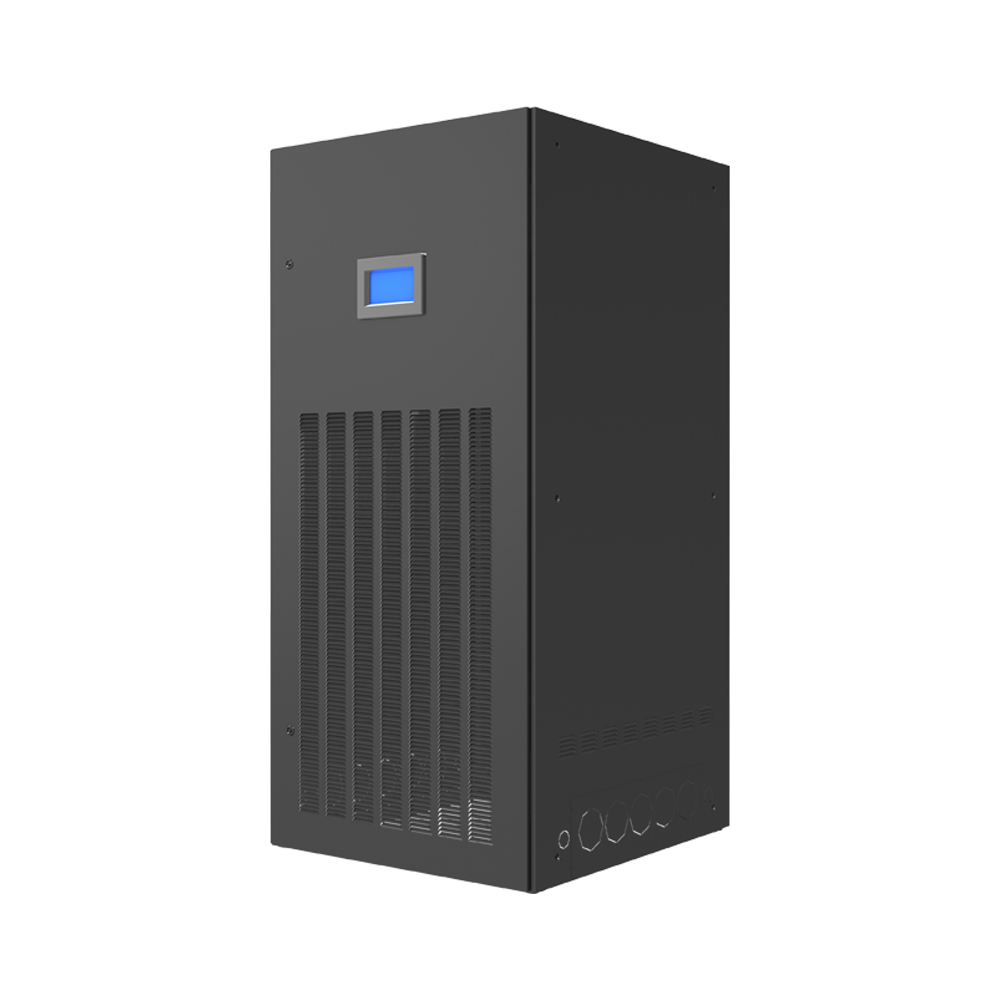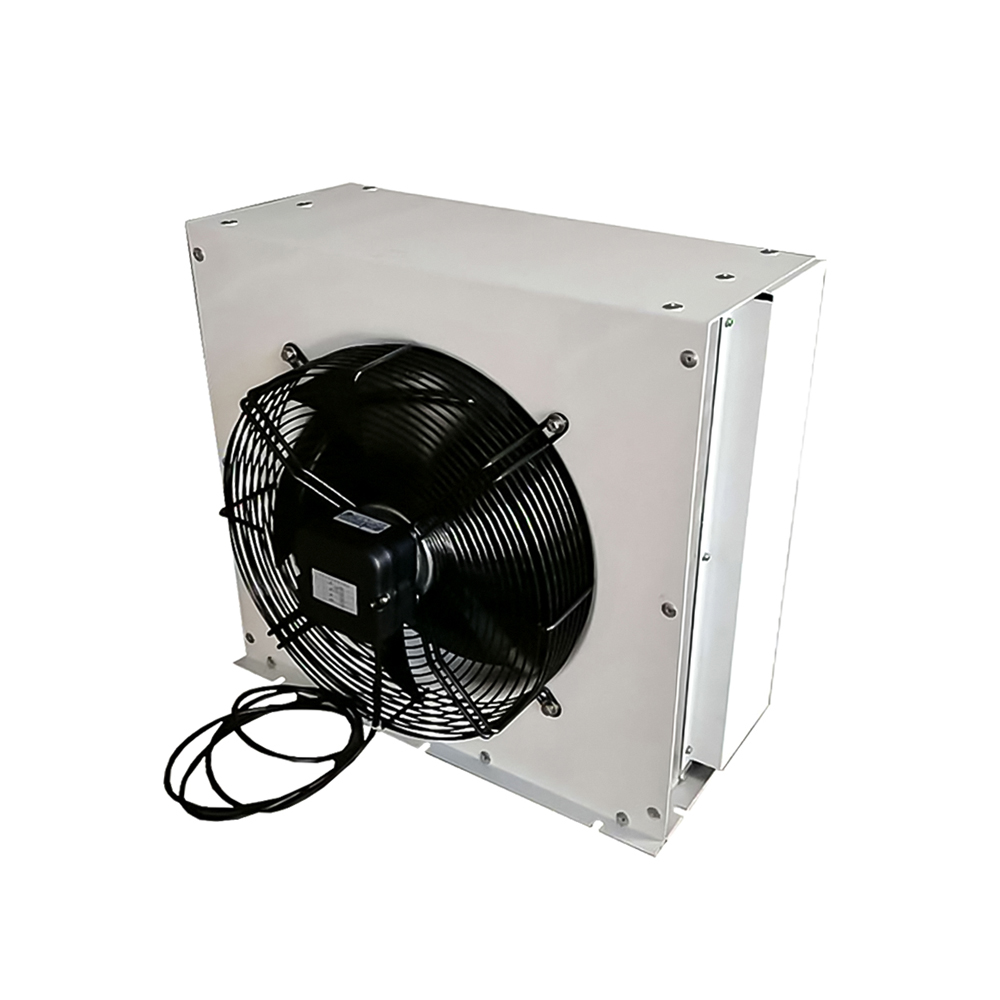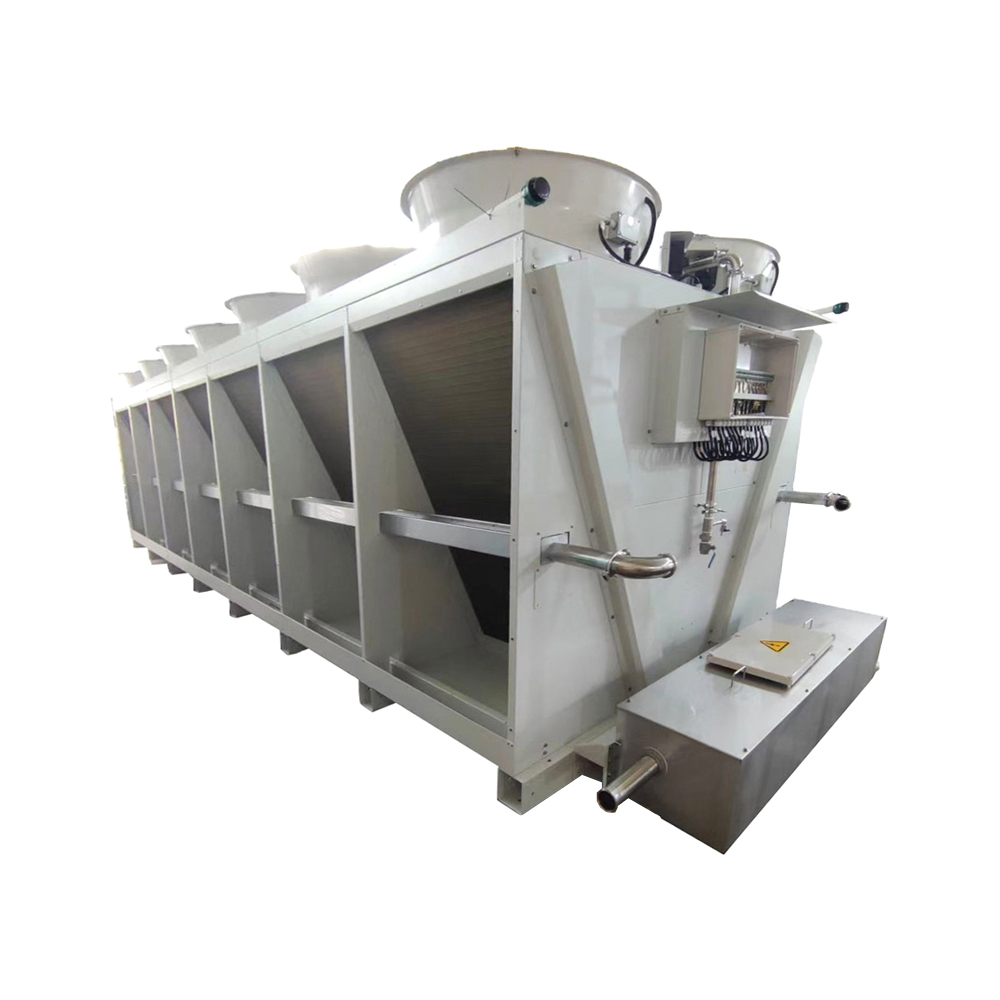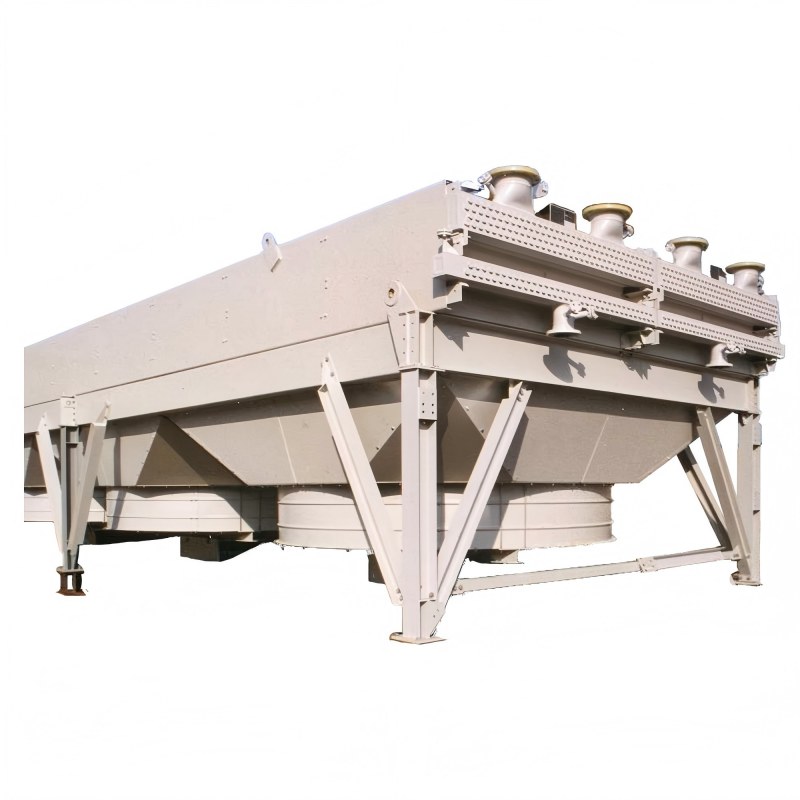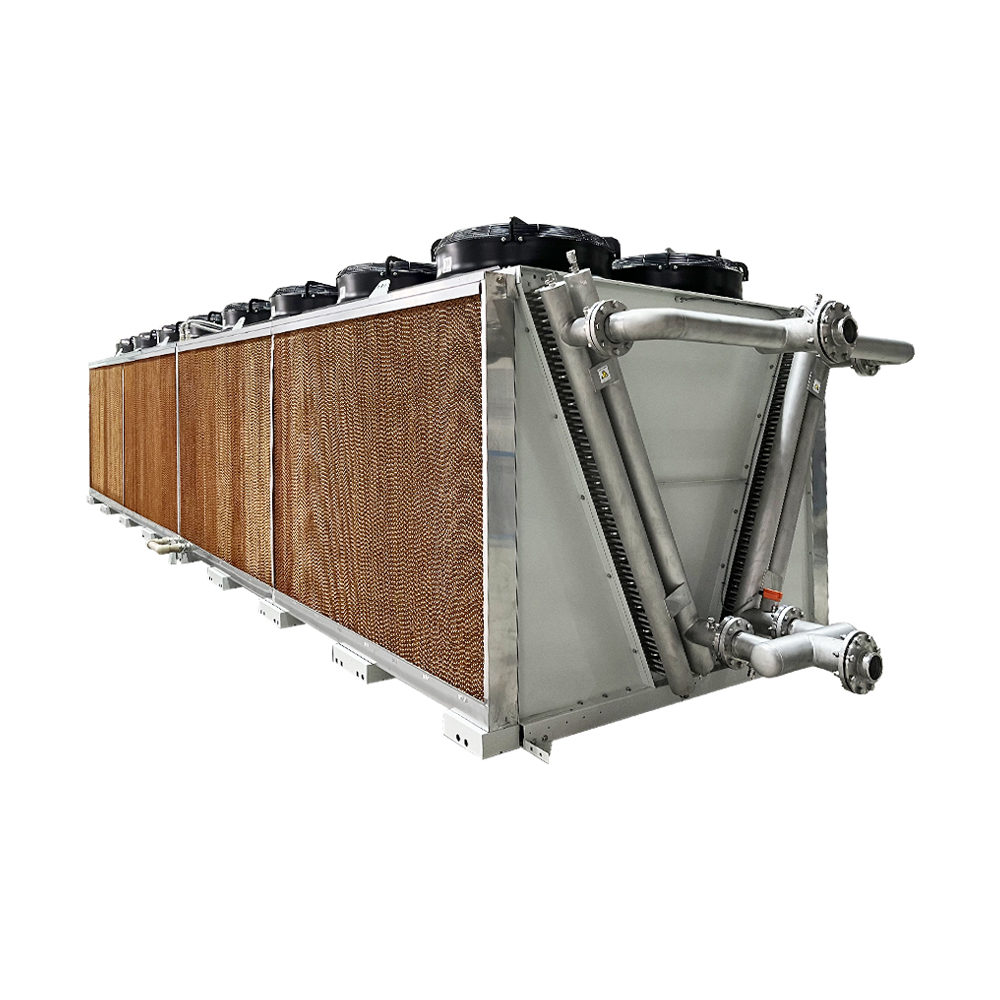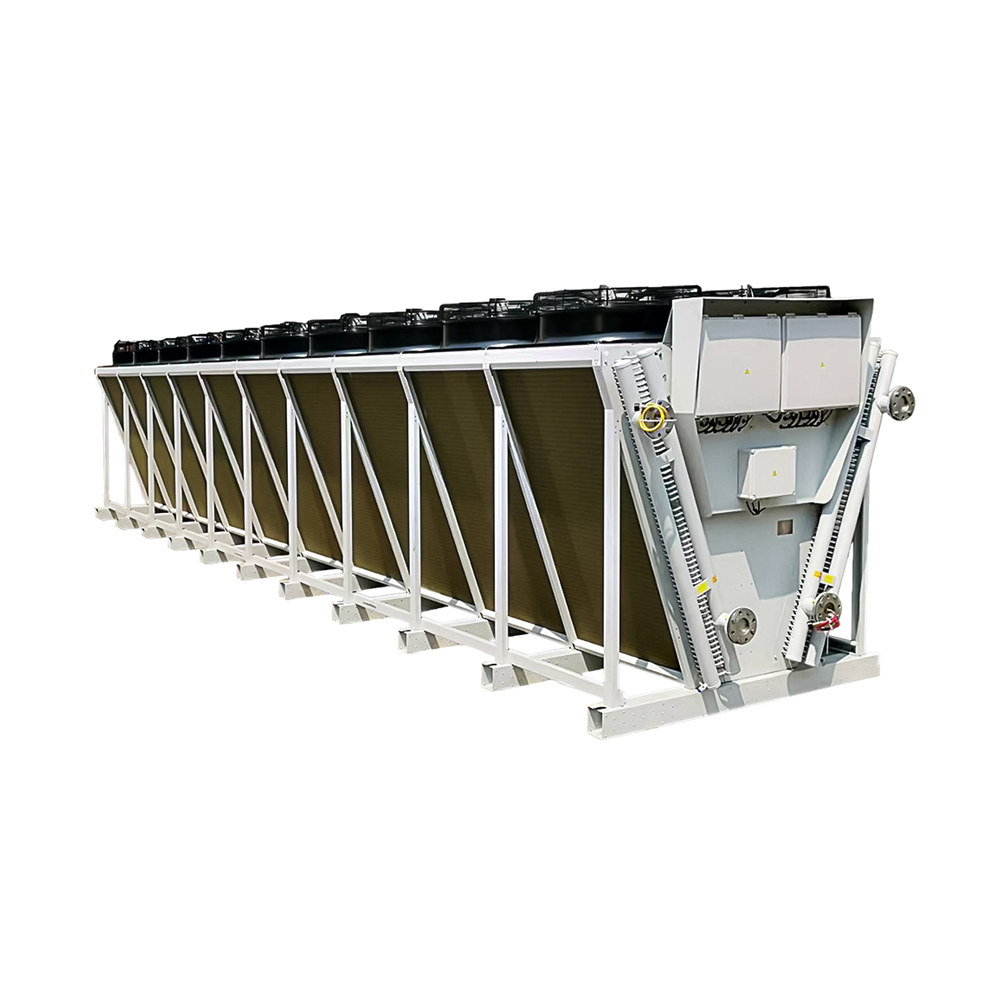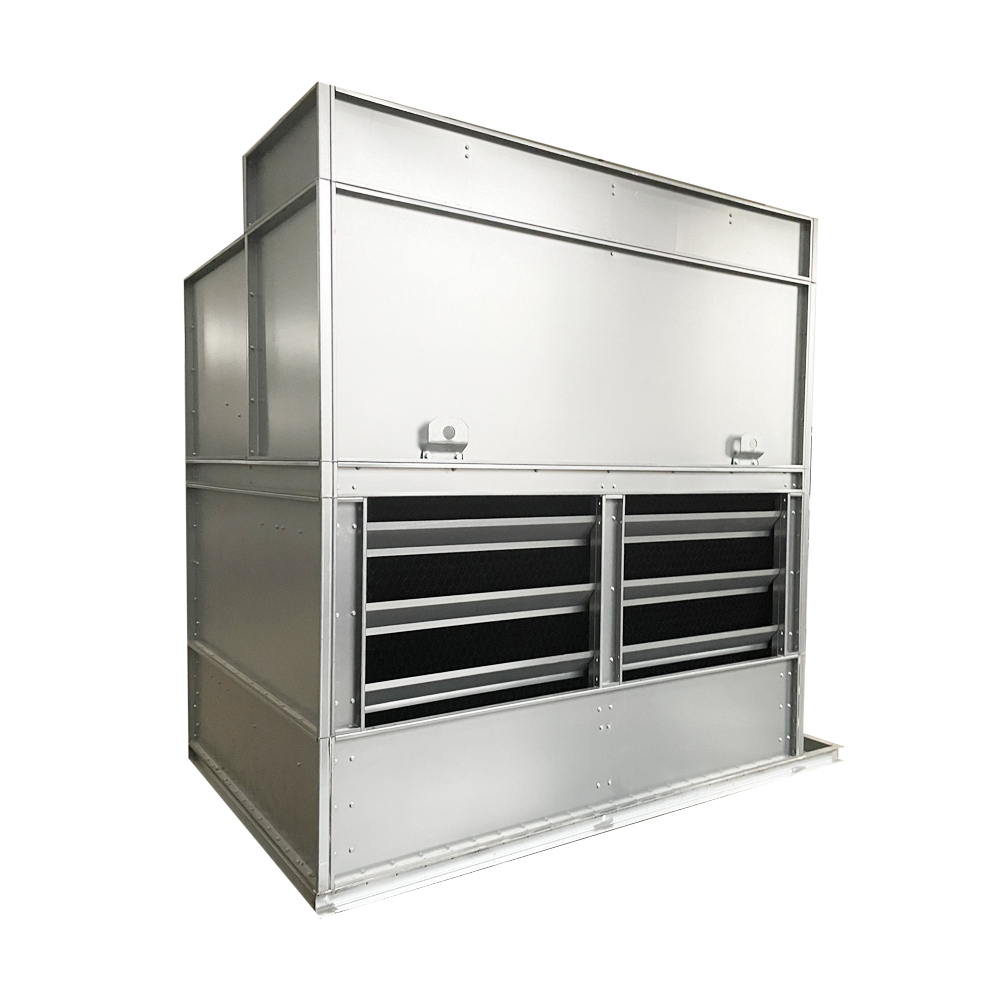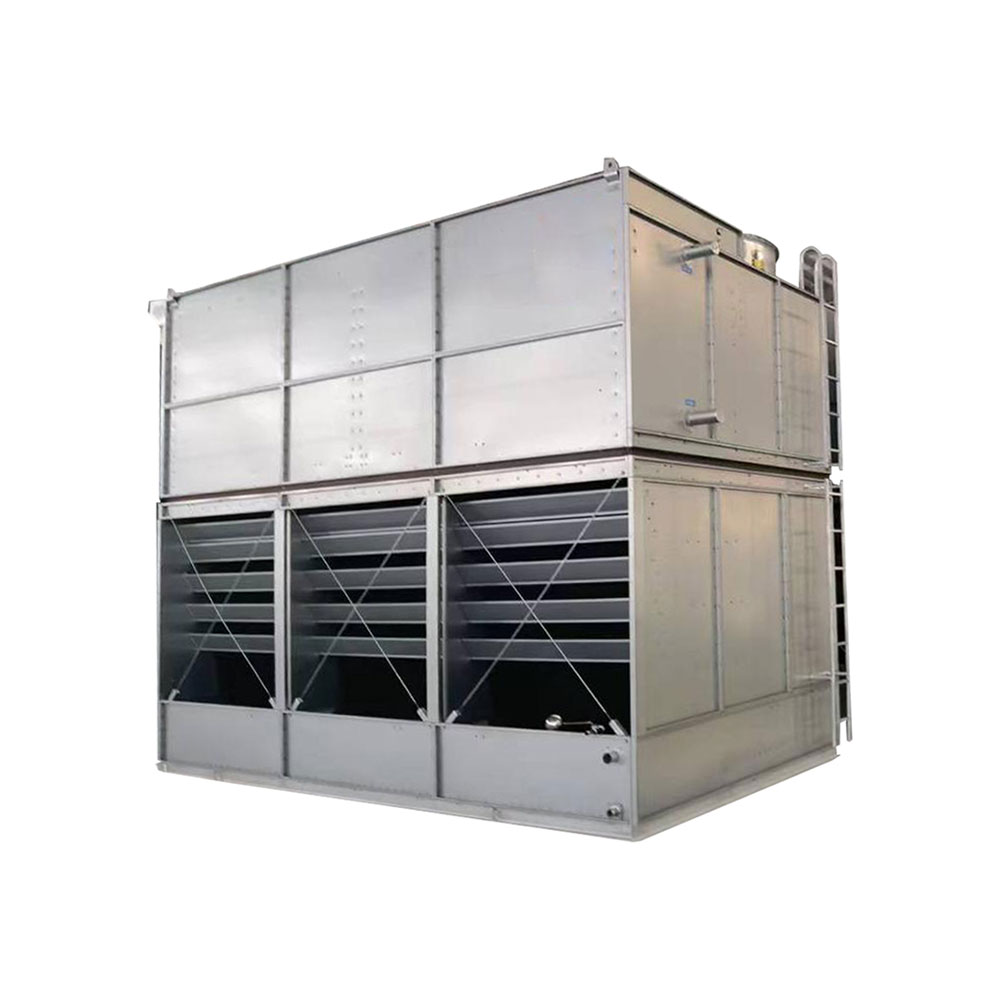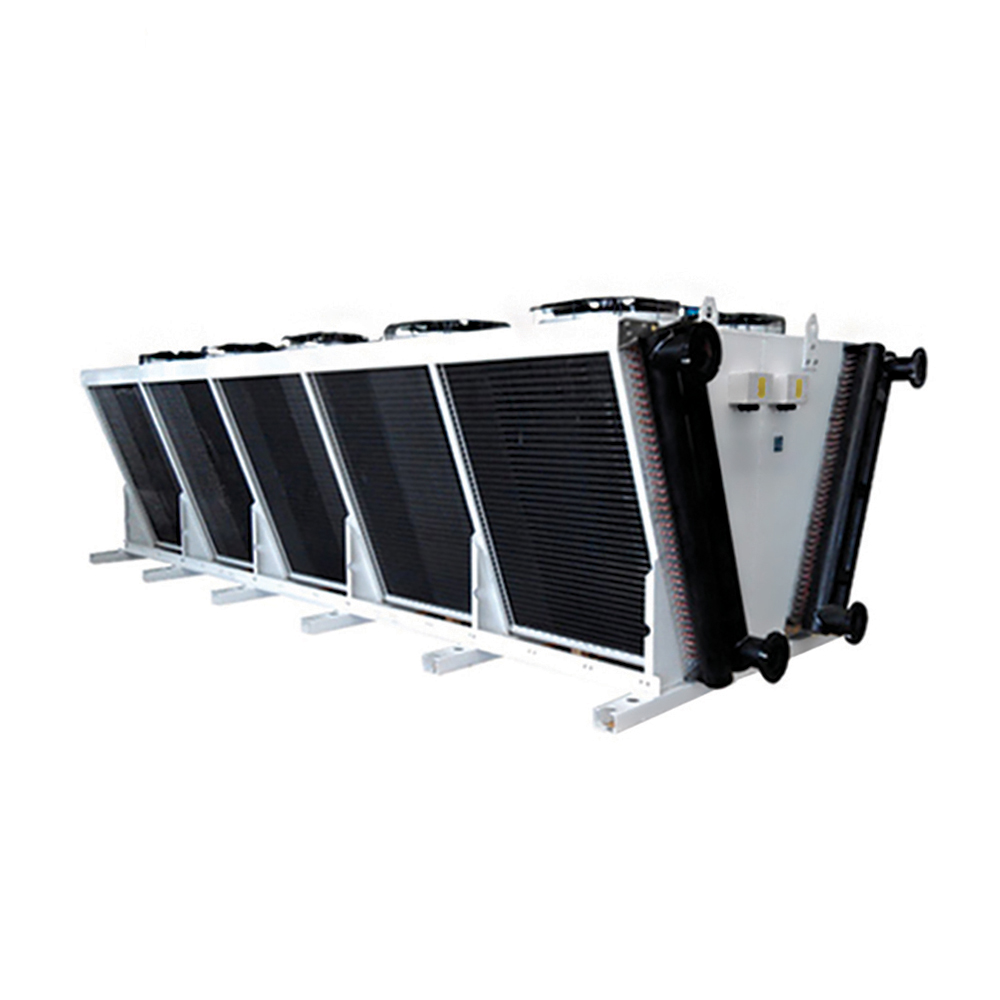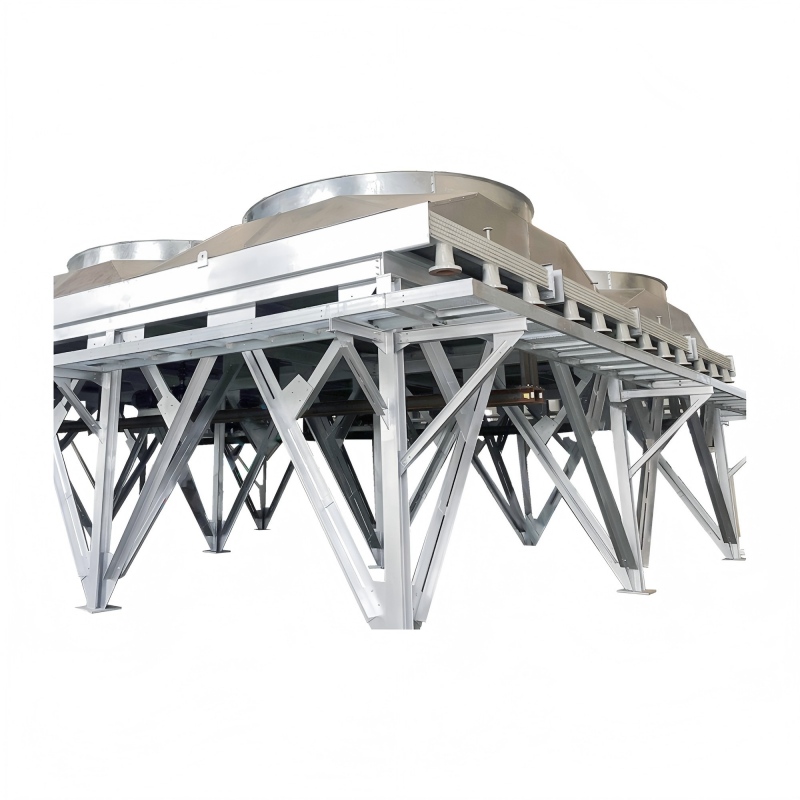HVAC dry coolers are essential components in many industrial and commercial cooling systems. Unlike evaporative coolers, they utilize air to dissipate heat from a refrigerant, offering several advantages in specific applications. This comprehensive guide will provide you with the knowledge necessary to understand, select, and maintain these crucial pieces of equipment. Understanding the intricacies of HVAC dry coolers is key to efficient and reliable cooling solutions.
Types of HVAC Dry Coolers
Air-Cooled Dry Coolers
Air-cooled HVAC dry coolers are the most common type. They directly transfer heat from the refrigerant to the ambient air through a finned heat exchanger. These are versatile and suitable for various applications. Their efficiency is influenced by factors like ambient air temperature and the design of the heat exchanger. Proper sizing is critical for optimal performance.
Water-Cooled Dry Coolers (Indirect)
While less common than air-cooled counterparts, water-cooled dry coolers utilize water as an intermediary for heat transfer. This method can offer improved efficiency in certain environments, particularly those with high ambient temperatures or limited airflow. The water itself is then cooled using a separate cooling tower or other means. This indirect method helps reduce the thermal load on the ambient air.
Factors to Consider When Choosing an HVAC Dry Cooler
Selecting the correct HVAC dry cooler requires careful consideration of several factors:
Capacity and Sizing
Accurate sizing is paramount. The cooling capacity must match the requirements of the system. This involves careful calculation of the heat load and consideration of factors like ambient air temperature and humidity. Improper sizing can lead to inefficient operation or system failure. Consult with a qualified HVAC professional for accurate sizing.
Refrigerant Type
The choice of refrigerant significantly impacts efficiency and environmental impact. Modern systems often utilize refrigerants with lower global warming potentials (GWPs). The compatibility of the HVAC dry cooler with the chosen refrigerant must be verified.
Operating Conditions
Ambient temperature, humidity, and airflow significantly affect the performance of a HVAC dry cooler. These factors must be considered during the selection process to ensure optimal operation. Extreme conditions may necessitate specific design features or higher capacity units.
Maintenance Requirements
Regular maintenance is crucial for prolonging the lifespan and efficiency of any HVAC dry cooler. This includes cleaning the fins, checking for leaks, and monitoring operational parameters. Preventive maintenance significantly reduces the likelihood of costly repairs and downtime.
Advantages of HVAC Dry Coolers
HVAC dry coolers offer several advantages over evaporative cooling systems:
| Feature | Advantage |
| Water Consumption | Minimal to zero water usage |
| Air Quality | No water mist or potential for airborne contaminants |
| Efficiency in Hot Climates | Can be more efficient than evaporative coolers in high ambient temperatures |
Finding the Right HVAC Dry Cooler
For high-quality and reliable HVAC dry coolers, consider exploring options from reputable manufacturers. Contact Shanghai SHENGLIN M&E Technology Co.,Ltd to discuss your specific needs and explore their range of solutions. They offer a wide selection of HVAC dry coolers designed for diverse applications and operating conditions.
Remember, consulting with a qualified HVAC professional is essential for proper system design, selection, and maintenance of your HVAC dry cooler. Proper planning and selection will ensure optimal efficiency and longevity for your cooling system.









